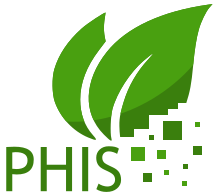About PHIS
PHIS is an ontology-driven Information System designed for Plant Phenomics.
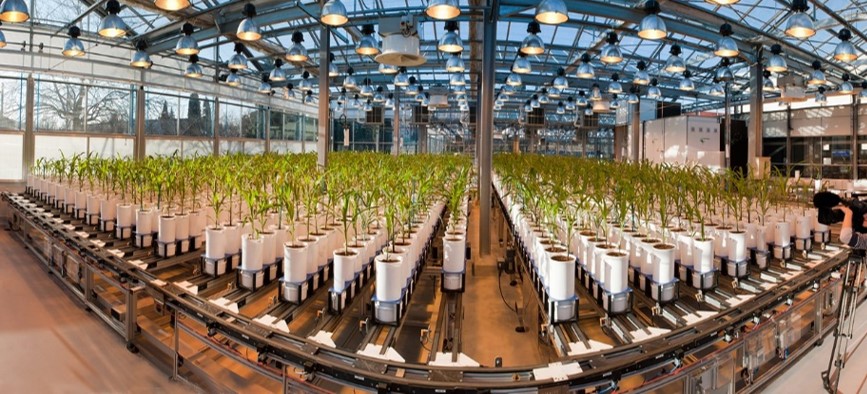
PLANT PHENOMICS DATA
PHIS is designed to store, organise and manage highly heterogeneous (e.g. images, spectra, growth curves) and multi-spatial and temporal scale data (leaf to canopy level) originating from multiple sources (field, greenhouse).

ONTOLOGY ARCHITECTURE
Its ontology-driven architecture is a powerful tool for integrating and managing data from multiple experiments and platforms including field and greenhouse.

FAIR DATA
PHIS allows to enrich datasets with knowledge and metadata enabling the reuse of data and meta-analyses. It interoperates and integrates data into external resources (e.g. modelling platforms, external databases and analysis pipelines) and provides FAIR data.
How it works?
PHIS main features.
Web user Interface
A Web user interface allows exploration of phenomics data through interactive and user-friendly menus and tools.
Data Integration
PHIS allows to store, organise and manage heterogenous multi-deminsional phenomics data originating from multiple sources.
Object indentification
The use of URIs allows standardized, unique and unambiguous identification of objects involved in experiments.
Ontologies
Two application ontologies (OEPO and OEEV) describe objects and events involved in phenotyping experiments.
Events and Annotations
Datasets are enriched with knowledge and metadata enabling the reuse of data and meta-analyses.
Object tracking
Tracking features based on oject identifcation and events allows following the different objects involved in experiment in time and space.
Advanced data querying
An inference engine based on the semantics and rules represented in the ontologies enables advanced queries, thereby linking the knowledge stored in the Triple Store to the information distributed among the different storage systems.
Graphic Visualisation
Advanced visualization features allow displaying images, dynamic graphs of static or time courses of phenotypic and environmental variables.
Analysis and Workflows
Different tools allow advanced data querying and computing features including data analysis tools and integration of workflows (e.g. statgenHTP package)
Hybrid storage system
PHIS is a hybrid system based on different storage databases (PostgreSQL, MongoDB, iRODS, RDF4J).
Web Service API
The Web Service API allows integration of data from external databases and resources, export to computing and modelling platforms and integration of phenomic data into other systems.
Open Source
PHIS is available as an open source software under a GNU Affero General Public License version 2. Source code, user and developer documentation are available at github.com/OpenSILEX.
AVAILABILITY & REQUIREMENTS
The source code, user and developer documentation of latest version of PHIS are available at https://github.com/OpenSILEX under a GNU Affero General Public License version 2. PHIS requires Java JDK 9+ (Our project is tested with JDK versions 8, 9, 11, 13 and 14), Maven 3.5+, Git 2.17.1+, docker 19.03.1+, docker-compose 1.24.1+
PHIS Stats
PHIS is currently being used in several platforms in the field and controlled conditions. In the case of M3P in Montpellier, these installations have generated
Images
Phenotypic measurements
Environmental data points
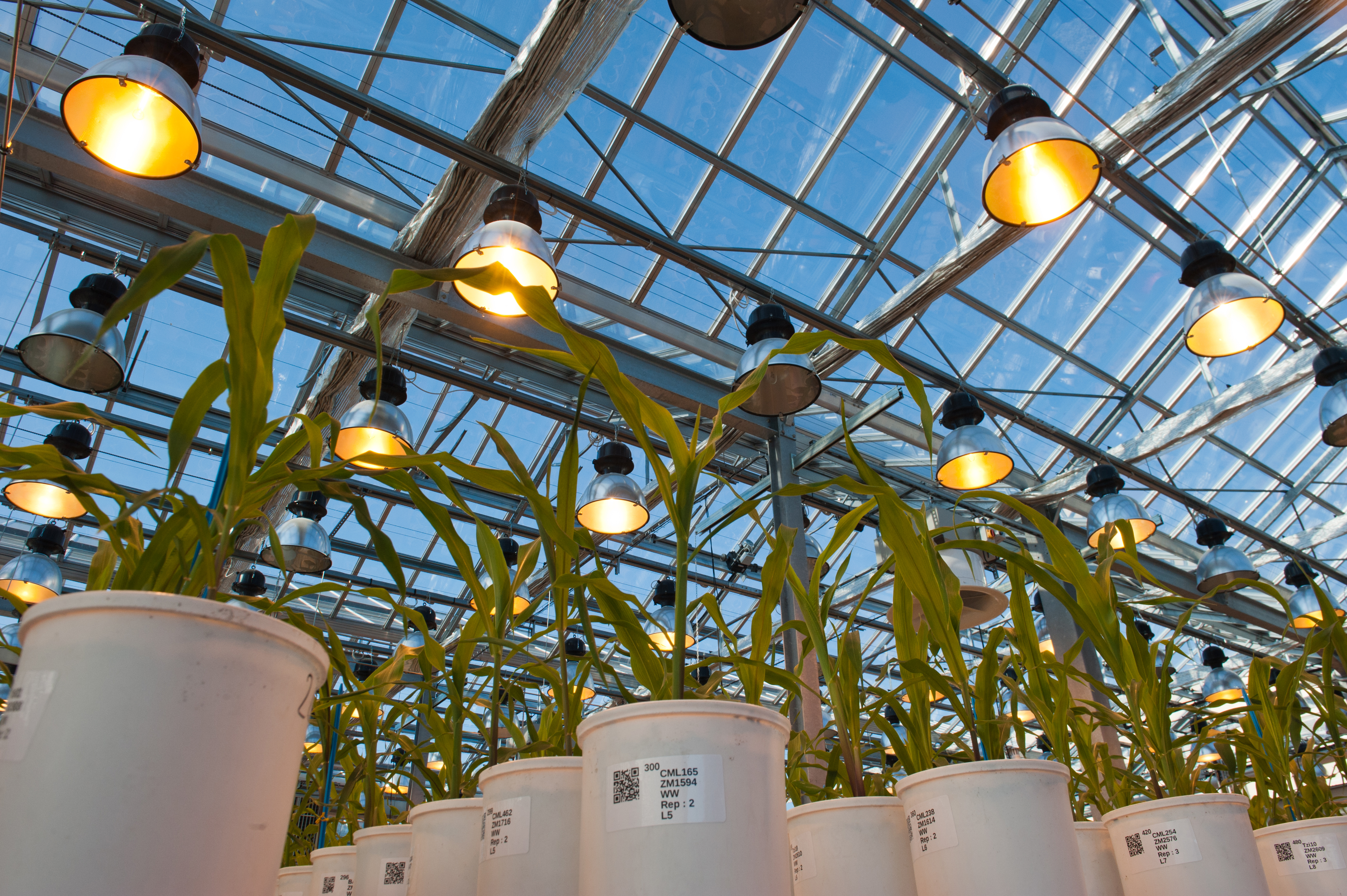
PHIS Portfolio
See some images of sensors, plant images and installations using PHIS
- All
- PLANT IMAGES
- Sensors
- Installations

hemispheric image
PLANT IMAGES

m3p greenhouses
Installations

hemispheric segmented
PLANT IMAGES

field meteo station
Sensors

phenoarch
Installations

harvesting
PLANT IMAGES

greenhouse meteo station
Sensors

leaf growth sensors
Sensors

field meteo station
Sensors

wheat plots
PLANT IMAGES

diaphen
Installations

phenopsis
Installations
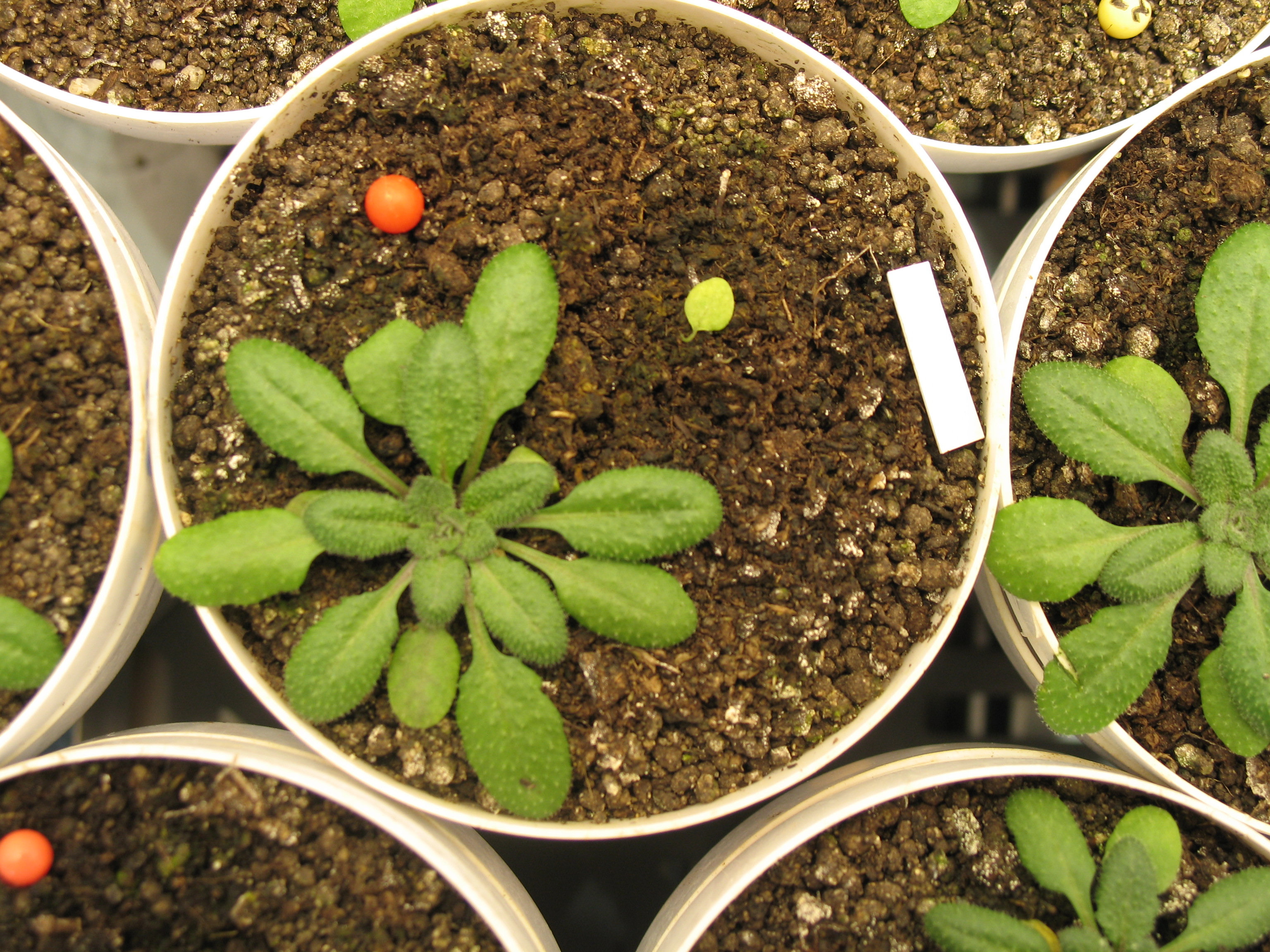
arabidopsis
PLANT IMAGES
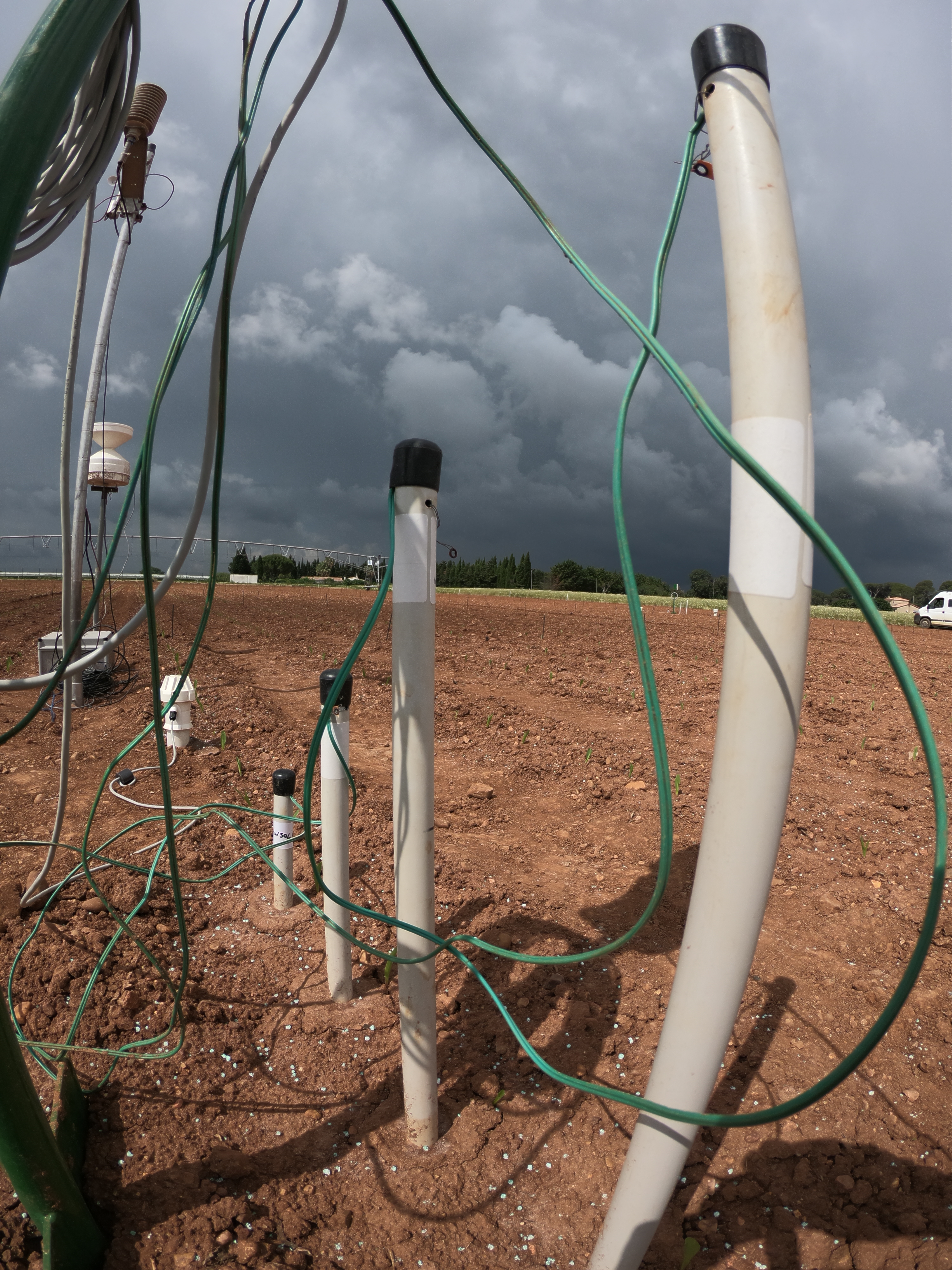
soils sensors
Sensors
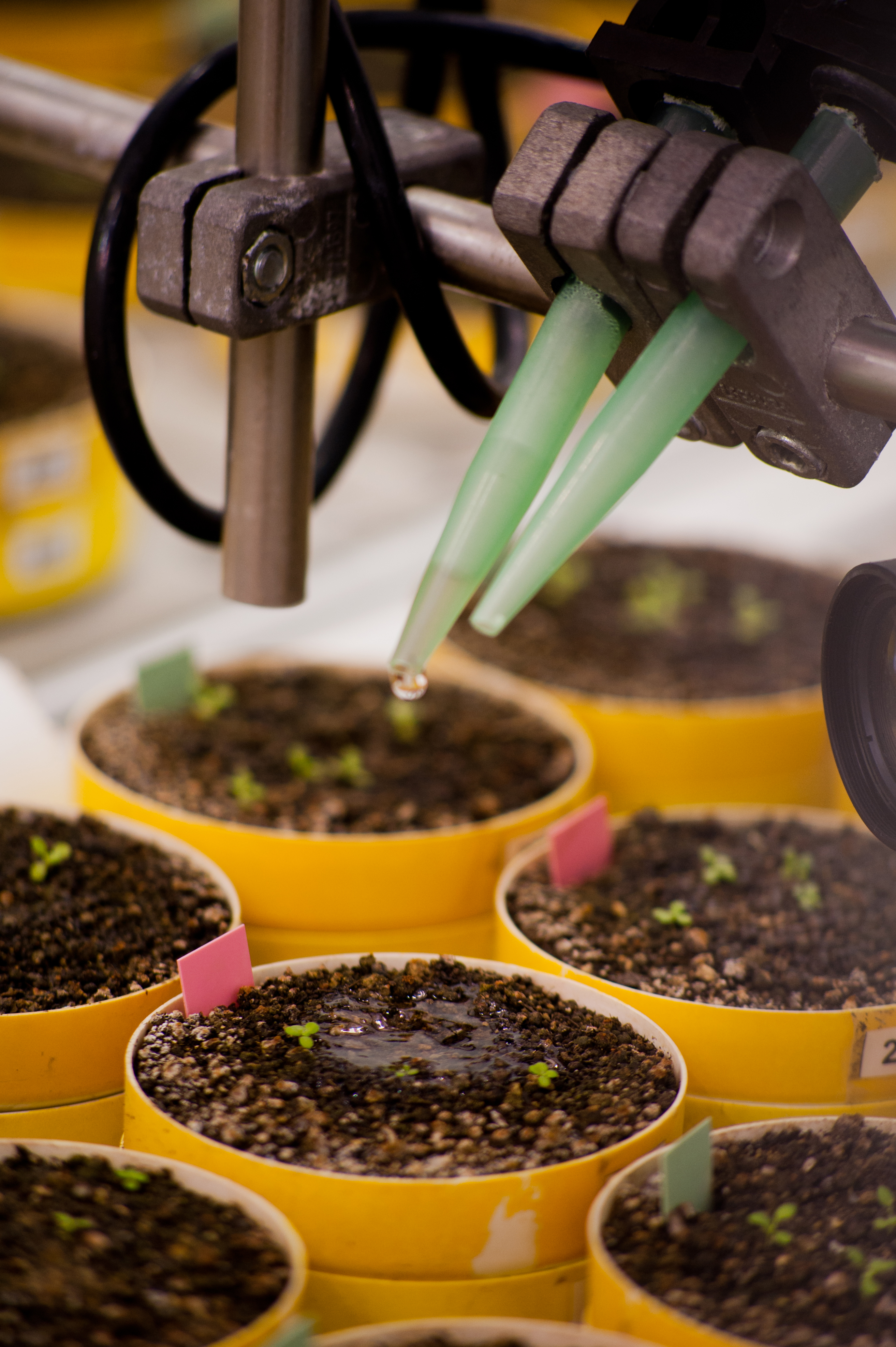
watering system
Sensors

phenodyn
Installations
PEOPLE
PHIS is the result of collaboration between two research teams of INRAE (the French National Institute for Agricultural Research) of Montpellier:
the LEPSE (Laboratory of Plant Ecophysiological responses to Environmental Stresses) and MISTEA (Mathematics, Informatics and Statistics for Environment and Agronomy).
PHIS is developed by the OpenSILEX Team and supported by INRAE and PHENOME-EMPHASIS

Jonathan Mineau-Cesari
Data Manager



Nicolas Brichet
Engineer



Arnaud Charleroy
Engineer
 PHIS Developer
PHIS Developer


Guilhem Heinrich
Engineer
 PHIS Developer
PHIS Developer


Morgane Vidal
Engineer
 PHIS Developer
PHIS Developer


Pierre-Etienne Alary
Engineer
 PHIS tester and documentation
PHIS tester and documentation


OpenSILEX team
Developers
 OpenSILEX Developement Team
OpenSILEX Developement Team

Contact Us
Contact us or just say hello!
